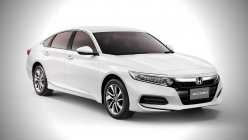What’s the best power plant for cars to have, especially here in the Philippines? More carmakers are opting for a small engine just of fuel economy over bigger engines. Here is the explanation for it.
Believe it or not and you’ll be surprised that engines are shrinking in size compared to the most engines that equipped most cars before. Think of the 1.8-liter to 2.0-liter engines of compact sedans and the V-6 normally aspirated monsters that came with carburetors.
It’s a different ballgame now with fuel efficiency and lower car footprint as goals when choosing power plants for current cars.
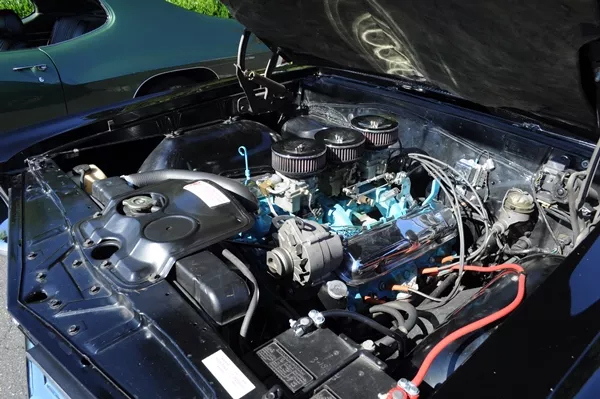
More carmakers are opting for a small engine just of fuel economy over bigger engines
Would it be safe to say that bigger engines versus small turbocharged engines are better for cars than how they were before? Both would have positives or negatives that will be a drawback or a plus when compared against each other. Though some would always prefer larger and aspirated engines which can have superchargers rather than turbochargers.
>>> Do you think: Does a small engine mean fuel efficiency?
One way to save on putting larger engines in sub-compact cars and giving diesel engines more torque is by using turbo inter-coolers and turbochargers.
One example is 1.0 and 2.0-liter engines, with turbo included that adds more horsepower and torque than it would otherwise have! Lighter engines with ECU assisted functions are having an impact on car power plants. Offering low displacement engines that generate more than enough power and pull despite such diminutive sizes.
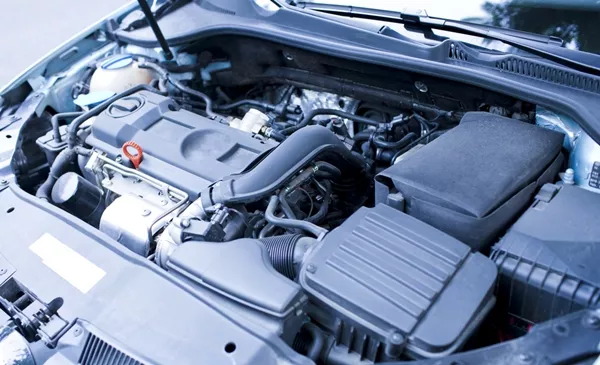
Lighter engines with ECU assisted functions are having an impact on car power plants
>>> Related:
Advantages and disadvantages of naturally aspirated cars
Serious drivers will always go for the most displacement in engines because nothing beats an engine that has more air for the fuel-air mixture to burn. Size is power; to say in plain English and the biggest V8’s or V6’s even had a supercharger installed that used the engine’s own power as a boost.
Supercharging any naturally aspirated engine will outperform any small turbo assisted engine any day. Though more cars are getting the smaller engine for the sake of fuel efficiency.
Some engines are also equipped with twin chargers that is a combo of a turbo and supercharging. Couple this with an engine 2.0-liters and up then you would have the best of two worlds. The more air will burn more fuel to balance out the burn better with fuel efficiency loss.
1. Advantages
More power is produced by the engine
The key to more power is more air with the most displacement, and engines need that to ignite with fuel for more power. ECUs equipping more expensive and bigger engines will have precise control for optimum power
Twin chargers can be installed and modified
Equipping bigger engines are with twin chargers is the secret for the most power generated. Production cars like sports and modded muscle car use this method for extra power.
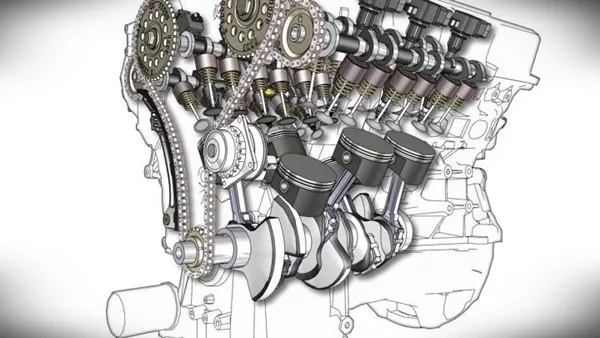
Equipping bigger engines are with twin chargers is the secret for the most power generated
Naturally aspirated engines don’t need a turbocharger
Installation of turbochargers is not needed because the air intake can be modified with a bigger scoop. Car guys can further modify the air intake valve by altering the resident ECU computer’s subroutines.
Bigger engines are more ECU controlled
Bigger engines will have a premium ECU for better intake of air with fuel ignited for heat. This translates to more horsepower and torque.
>>> Read more about Real car deal: 7 Pros & Cons of car Engine control unit (ECU).
2. Disadvantages
Bigger engines are not as fuel-efficient for its size
More air will need more fuel to burn it. Both fuel efficiency and consumption are affected very much.
Modification for the cooling system is needed
If a turbocharger is added to the car that will need modification for the cooling system. Normal engines will need their piping modified to handle extra heat if a turbocharger is installed.
The engines used more oil
More modding of the lubing systems is needed, or the oil will dry up fast!
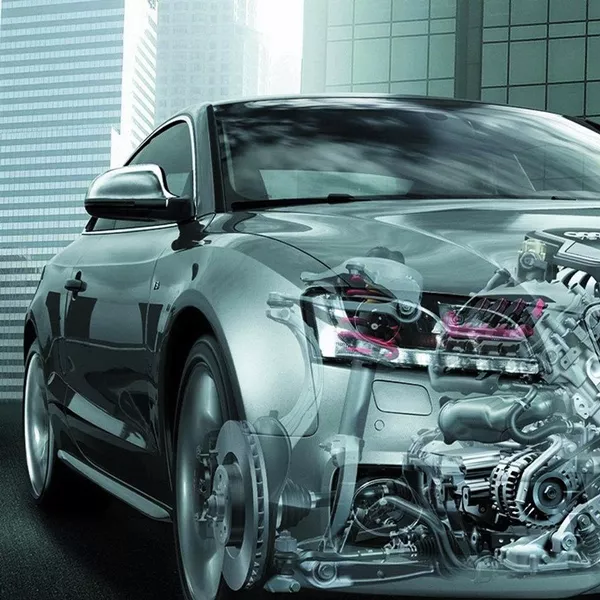
More modding of the lubing systems is needed, or the oil will dry up fast
Advantages and disadvantages of smaller turbocharged engines
Smaller and lighter engines are more common now with smaller cars or slightly bigger ones. Smaller turbocharged engines are used for smaller displacements like 1.0 to 2.0-liters to compensate for more power.
These engines are on the fuel-efficient side with lighter weight too. A small engine is paltry and useless to the point of silliness even with a turbocharger. Development of better engine technology and better turbo tech produced the engines powering smaller cars.
1. Advantages
Smaller engines are more fuel-efficient by far
They are far better than bigger engines because of low displacement. The less air let into the manifold for fuel combustion makes a big difference.
>>> You might concern: 10 myths about fuel efficiency that every Filipino driver should know.
Modifying the cooling system is not needed
Upgrading the cooling system is not needed with less heat produced than bigger engines.
It can match the power of bigger engines with ease
These bad boys are made to be small yet with similar torque and horsepower like bigger aspirated ones.
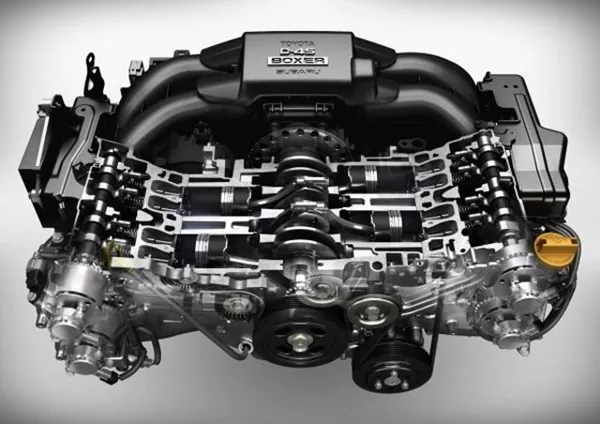
It can match the power of bigger engines with ease
The lubricating system needs no modification
Engines with a turbocharger and it comes with oil lubing for better heat management.
2. Disadvantages
- Still, no match when it comes to power
- No matter how much power is drawn out with limits because of the lower rev thresholds of the engine. When it should have a higher redline on the tachometer.
- Maintenance is expensive for this kind of engine. Any engine equipped with a single or bi-turbo will need periodic maintenance all the time!
>>> Detailed explanation: What are the pros and cons of the small-displacement engine?
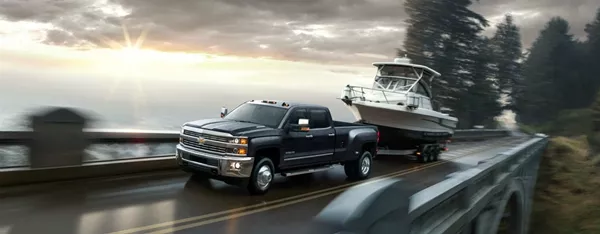
Maintenance is expensive for this kind of engine
Conclusion
Should bigger engines versus small turbocharged engines are better for cars to be the alternative for cars driven in the Philippines? Considering the traffic here in the metro then smaller turbo-equipped engines are better based on that assumption.
The only drawback is that turbo does take an amount of fuel despite it being small. Weight it against bigger engines that consume just as much but produces more torque and power for everyday driving. Factor in the maintenance of turbo equipped engines that will take more maintenance in the long run over a normally aspirated bigger engine.
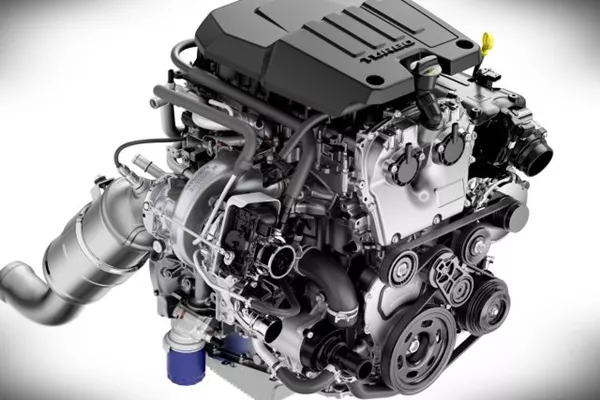
To choose the right engine size, external factors like traffic should be seriously considered
Small cars will always be underpowered even with turbo when bigger engines are the better choice! Do you agree with Philkotse.com? Look everything over and decide for yourself.
Recent posts
- Engine protection: 5 engine parts you need keep close eyes on Nov 30, 2022
- Top 10 improvements in car engine design Aug 09, 2022
- 4 common reasons why car engines lose horsepower over time Jun 25, 2019
- 10 Must-know Car Engine Sensors Aug 09, 2022
- 5 simple tips to maximum your car engine's performance Aug 16, 2022


